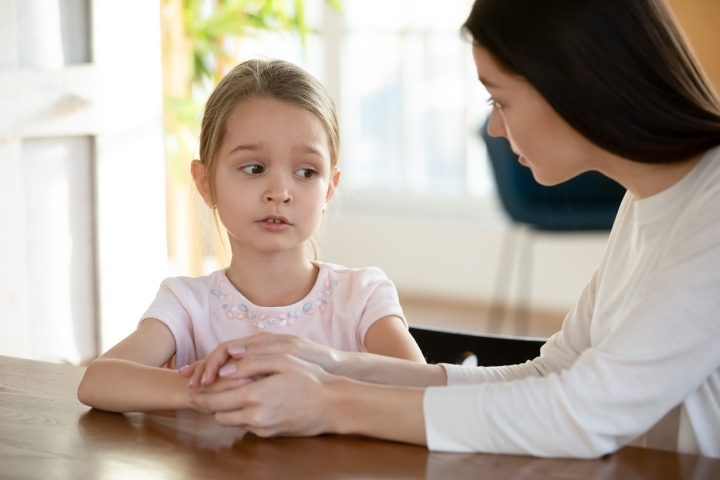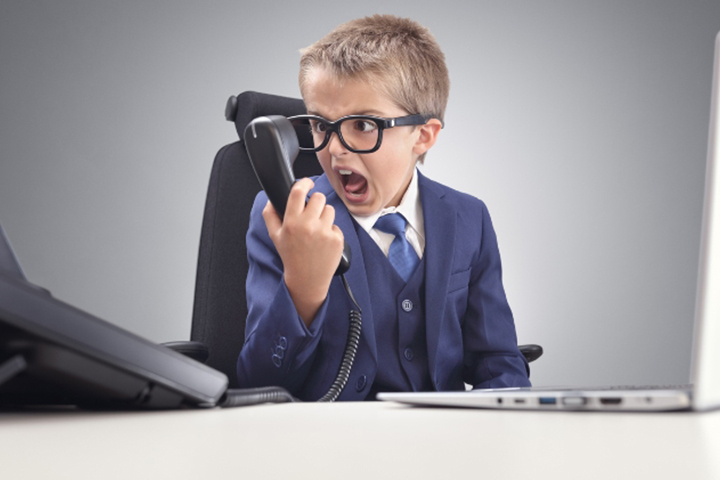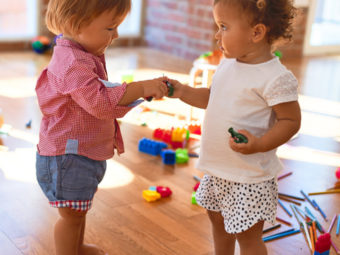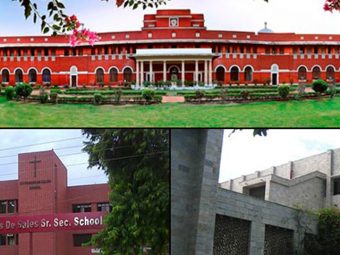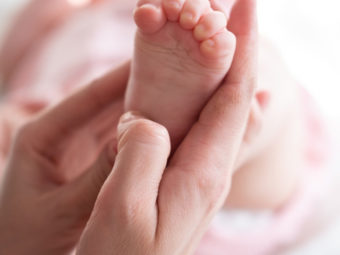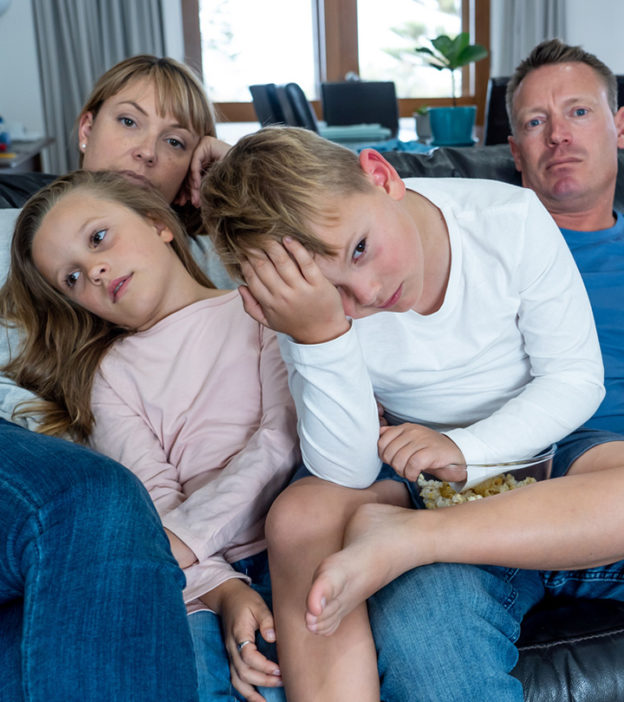
Image: iStock
In any relationship we have to make sure that the people who surround us are good and not toxic. We all need people who uplift us and bring out the best in us, especially if we have to maintain a long lasting relationship with them like that of a child and a parent. But things are not always so black and white when it comes to family and it can be hard to acknowledge that yours has some serious problems that need to be addressed. Salvador Minuchin, a family therapist, suggests that a healthy family is one that can handle problems which greatly depends on whether a family is able to draw proper boundaries and stick to them (1). When the gap between the parents and the kids becomes too big or too small it can create issues within the family for everyone. Here are a few family types that poison the life of both parents and children and how to avoid these pitfalls.
1. Parents Are In Charge But Do Not Work As A Team
It’s perfectly alright to have different parenting styles as long as they still agree on how to handle the kids and work as a team. Unfortunately, in most cases one parent is too strict and the other too lenient, which means that they are rarely on the same page about anything concerning the kids. The tension between the parents who cannot agree on how to parent will make children act up to test the limits or they might just withdraw from them altogether. Children often take advantage of this unhealthy dynamic between their parents and find loopholes in the parenting system. For example, they might ask permission to do something only from the lenient parent instead of confronting both of their parents.
2. One Parent Is Absent And The Other Parent Relies On The Child
Image: IStock
它是如此作的tant for parents to have a healthy relationship with each other so that they can be good parents to their kids. Because when one parent communicates less and leaves the other parent to fend for themselves and take care of the household all alone, it can throw off the dynamic between the parent and child drastically. There’s nothing wrong with one parent taking control at home while another one provides for them financially. But remember, you are each other’s partners. Your child cannot step in to fulfill this role. If one parent is neglectful and doesn’t pay attention to the other, that parent starts to rely on the child, sharing their frustrations and secrets with them. This may even be something against the other parent, making the relationship between the child and the absentee parent even more estranged.
3. The Child Is In Control While The Parents Are Victims
Image: IStock
If you’ve ever seen a spoiled child yell at their parents and wondered how they lived and got exactly what they wanted to boot, well this might be their family dynamic. The family hierarchy exists for a reason. As a parent your job is to protect and provide for your child. But it is also to discipline them and be their role model. They are supposed to follow your lead, not the other way around. This hierarchy gets all messed up when the kids are given power to manipulate either parents. Sometimes this can occur when a parent is going through something drastic, like an illness or an addiction. But mostly, it happens because parents don’t have their lives together and haven’t made an effort to establish order and stability. The child sees that they have no control over their lives and them my extension. So the child in charge acts up and feels entitled to do whatever they want.
4. One Parent Is In Charge While The Other Is A Victim
Image: IStock
This happens when one parent has control over everyone and everything that happens within the family. They are more of a dictator than a family member and the other parent is forced to join the kids as another victim. The children start to see this powerless parent as their peer. In this situation, the parent in charge is often abusive while the other parent is helpless and docile. One parent would feel frustrated and lonely, the other would feel hurt and abused while the kids get caught up in the middle. Sometimes, the helpless parent may even influence the kids to attack the parent in charge.
Learning to be a healthy family takes work, just like every other relationship dynamic. Except this relationship is the most important and impactful one you and your kids will ever have. So make sure to avoid these pitfalls and work on being an open and healthy family. Happy parenting!

